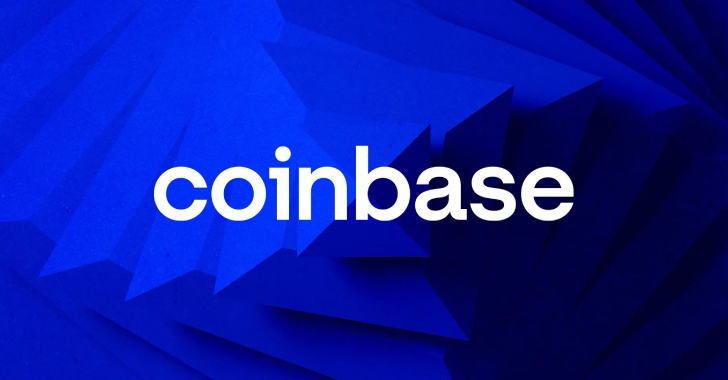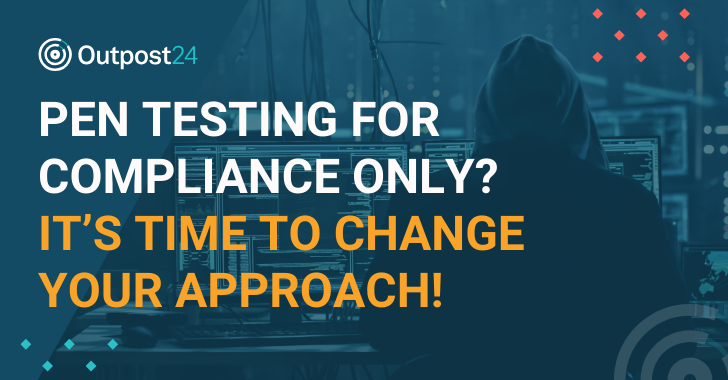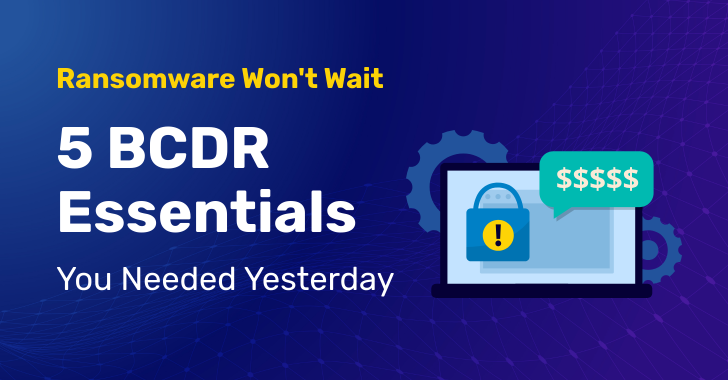Since releasing SecureX orchestration, we’ve regularly published two types of content for our customers to import and use: atomic actions and workflows. Atomic actions are small, re-usable functions that allow you to do simple things like isolating an endpoint in Cisco Secure Endpoint. Workflows are more complex combinations of activities, often made up of multiple atomic actions, that accomplish a broader objective. One of our most popular workflows fetches blog posts from Talos and then conducts an investigation into each post using a customer’s SecureX-integrated products. As of this blog post’s publishing, we’ve released 75 workflows. So, let’s talk about what’s new…
SecureX Tokens
In the past, when you wanted to communicate with SecureX APIs, you had to go through a multi-step process to generate an API client, use that API client to get a token, and then refresh the token every 10 minutes. This process wasn’t exactly simple, so in April we released the new SecureX Token account key. This special type of account key allows you to integrate with SecureX APIs without creating an API client, generating a token, or worrying about when the token expires. Simply use a SecureX target in conjunction with a SecureX Token account key and the platform takes care of the tokens. For more information about this update and how to take advantage of this new functionality, check out our documentation. Keep in mind that if your orchestration tenant was created prior to April 2022, you may need to create a SecureX Token.
Now that we have SecureX Token account keys and customers have been using them for a few months, we decided it was time to update all of our previously published workflows to be fully compatible with the new account key type. All 24 workflows using SecureX APIs have now been updated to leverage SecureX Tokens. For more information about Cisco-published workflows, check out our workflow list.
Cisco Secure Firewall + SecureX Orchestration
Since Cisco Secure Firewall is almost always deployed on-premises and behind a firewall, integrating it with SecureX orchestration in the cloud has required the use of a SecureX orchestration remote. Not all of our customers are interested in deploying an on-premises virtual machine or they lack a VMware ESXi deployment within which to run the VM. Now, with the release of the SecureX Security Services Exchange (SSE) API proxy, you can integrate your SSE-registered FMC devices with orchestration workflows without the need for additional remotes or virtual machines. To show how this works and highlight how easy this integration is, we re-released five of our existing FMC workflows with support for the SSE API proxy:
Block Observable (SSE)
Get Expiring Rules (SSE)
Get Health Alerts (SSE)
Microsoft Online Dynamic Object Update (SSE)
Search PSIRT Advisories (SSE)
Resources
To stay updated on what’s new with SecureX, check out the following resources:
SecureX Orchestration Update Video (October 2022)
SecureX Orchestration Announcements Webex Space
GitHub Repository for Workflows and Atomic Actions
SecureX Home Page
We’d love to hear what you think. Ask a Question, Comment Below, and Stay Connected with Cisco Secure on social!
Cisco Secure Social Channels





